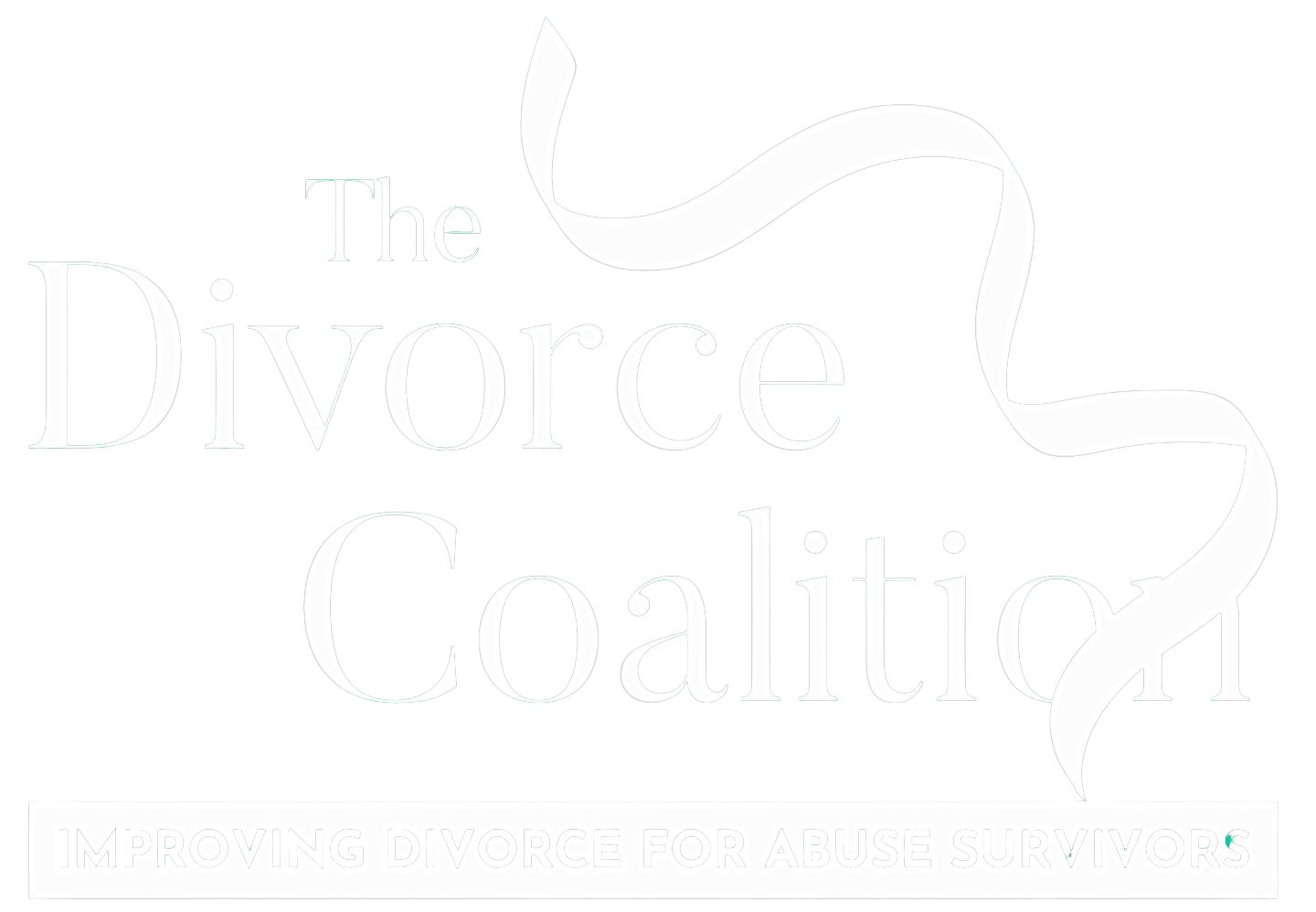The Dangers of Financial Abuse
Financial abuse is one of the most insidious forms of domestic violence, yet it often goes unnoticed or is misunderstood. Unlike physical abuse, it leaves no visible scars, but its impact can be long-lasting and devastating. Financial abuse strips a victim of their independence, autonomy, and ability to escape, trapping them in a cycle of control and manipulation.
What is Financial Abuse?
Financial abuse occurs when an abuser takes control over their partner's financial resources, limiting their ability to access money, gain employment, or make financial decisions. It can manifest in various ways, including:
Controlling all household finances: The abuser may withhold money, give the victim an allowance, or control how and where money is spent.
Preventing employment: The abuser may prevent the victim from working or sabotage their employment opportunities by causing disruptions at work or refusing to provide childcare.
Exploiting credit: The abuser may open lines of credit in the victim's name, ruin their credit score, or rack up debt in their name without their consent.
Stealing income: The abuser may demand control over the victim's earnings or force them to hand over their paychecks.
The Consequences of Financial Abuse
Financial abuse can have severe and far-reaching consequences for victims, even long after the abusive relationship has ended. These consequences include:
Loss of Financial Independence: When victims are denied access to their own money or prevented from working, they lose their financial independence. This lack of control makes it nearly impossible for them to leave the abusive situation.
Economic Instability: Victims of financial abuse often emerge from the relationship in financial ruin. They may face significant debt, ruined credit scores, and a lack of savings. Rebuilding financial stability can take years and can be a major obstacle to starting a new life.
Barriers to Leaving: Financial dependence is one of the primary reasons victims stay in abusive relationships. Without access to money, finding housing, legal representation, or even transportation becomes incredibly challenging, keeping the victim trapped in the cycle of abuse.
Long-Term Mental Health Effects: The stress and anxiety caused by financial abuse can lead to long-term mental health issues, such as depression and post-traumatic stress disorder (PTSD). Financial insecurity can also heighten feelings of hopelessness and low self-worth.
Recognizing Financial Abuse
One of the most challenging aspects of financial abuse is that it can be subtle and easily disguised as concern or care. It's important to recognize the warning signs, which may include:
Your partner insists on managing all of the money and accounts, refusing to share information with you.
They prevent you from getting a job or sabotage your existing job by creating crises at work or home.
They demand access to your income, including requiring you to hand over your paycheck or sign financial documents you don’t understand.
They open credit cards in your name without your knowledge or consent, accumulating debt for which you are legally responsible.
Escaping Financial Abuse
Escaping financial abuse is incredibly difficult and dangerous without proper support. Victims should never attempt to leave without creating a safety plan with the help of a domestic violence specialist or advocate. These professionals can help victims secure funds, find emergency shelter, and navigate legal challenges.
Building financial independence after leaving an abusive relationship is crucial for long-term recovery. Divorce coaching, like the services offered by Beverly Price of Her Empowered Divorce, can provide essential guidance. Divorce coaching can help victims learn how to manage their finances, rebuild their credit, and regain control over their economic future.
If you or someone you know is experiencing financial abuse, know that there is help. The National Domestic Violence Hotline offers resources and guidance at 800-799-7233.
Final Thoughts
Financial abuse is a form of control that robs victims of their autonomy and independence, creating significant barriers to leaving abusive relationships. By understanding the dangers of financial abuse and the steps toward recovery, survivors can take back control of their lives and begin the journey toward financial freedom and personal empowerment.
It’s vital to spread awareness about the severity of financial abuse, as too many suffer in silence. Supporting survivors in rebuilding their financial stability is one of the most critical steps in their recovery, enabling them to regain their freedom and live life on their own terms.
About the Author
This blog was written by Beverly Price, a Certified Divorce Coach and CEO of The Divorce Coalition, a 501(c)(3) non-profit organization dedicated to improving the divorce experience for domestic abuse survivors. Beverly is passionate about helping women navigate the challenges of divorce while empowering them to rebuild their lives. Through her work with The Divorce Coalition, Beverly advocates for systemic change in the divorce process to ensure that abuse survivors are supported and not re-traumatized. To learn more about Beverly’s services or The Divorce Coalition, visit Her Empowered Divorce.

